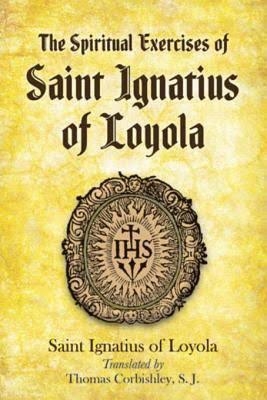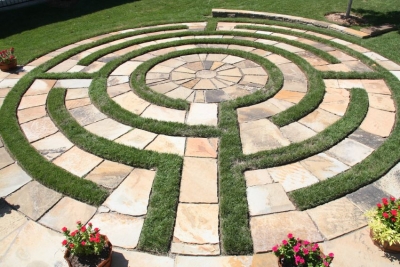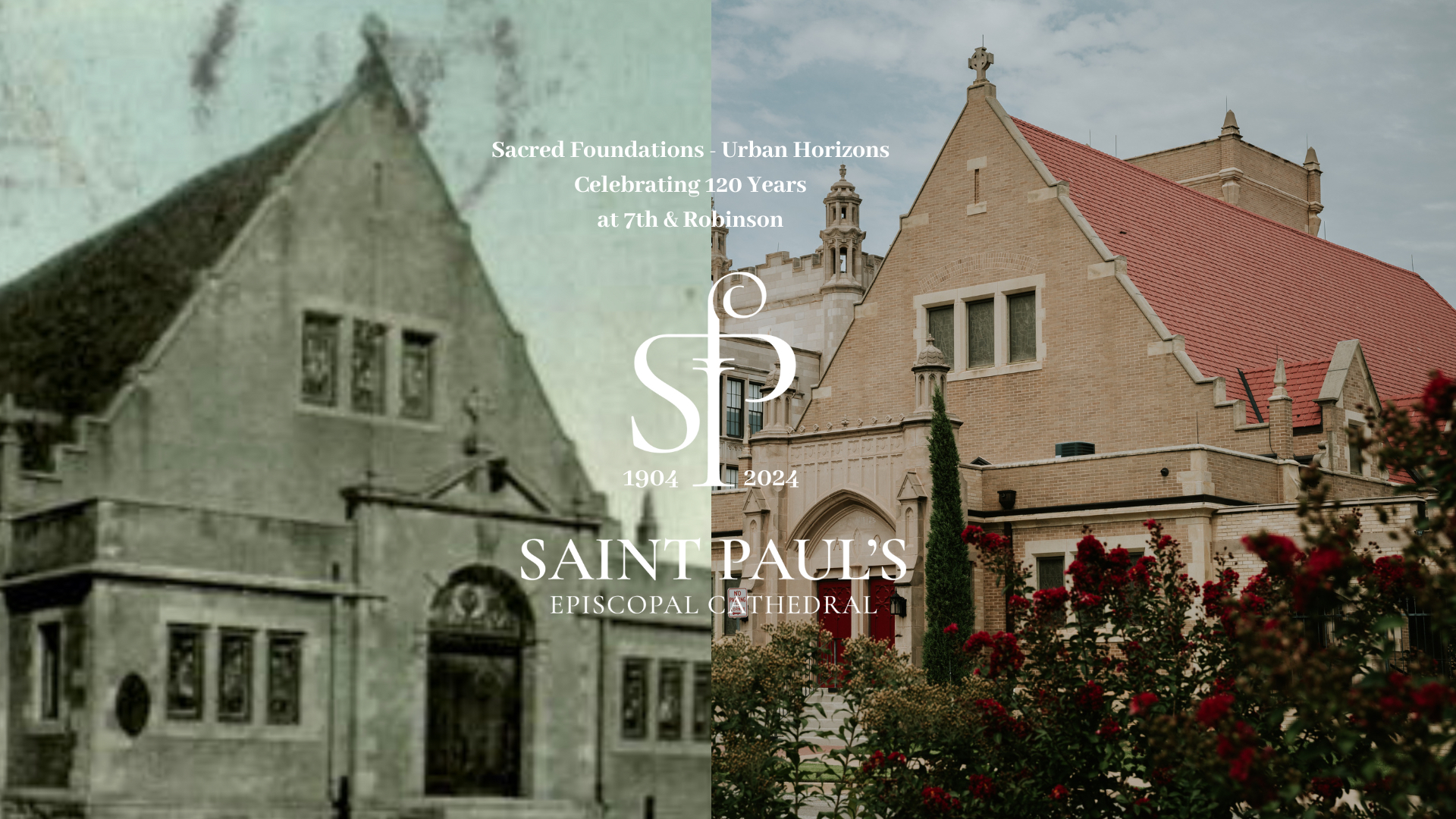Spirituality Programs
- Lectio Divina - Mondays 12-1pm in the Reception Area of the Education Building at St. Paul's OR via Zoom. Contact Mo. Janie Kirt Morris OR Saturdays from 9:30-11am in the Reception Area of the Education Building. Contact Janice Eberhard at jeberhard@sbcglobal.net or 405-613-0592 for more details or questions.
- Centering Prayer - Tuesdays at 11am & Saturdays at 9:30am. Contact Cynthia Jones.
- Ignatian Groups - Registration Open for Fall 2023 here
- Yoga - Mondays at 6pm at St. Paul's Dean Wiley Hall
- Good Night Yoga - 1st/3rd Tuesday of the Month at 6pm (includes live music and liturgy from the New Zealand Prayer Book)
In need of Spiritual Direction? Dean Katie Churchwell can help get you connected with a Spiritual Director. Email her for more details.
Lectio Divina

Lectio Divina is an ancient way of praying the Scriptures, dating back to Origen of Alexandria in the 3rd century, who introduced a way of praying the Scriptures that would unlock the message of Scriptural texts. The Desert Fathers and Mothers of 4th century Egypt developed the process, bringing it into daily use.
Lectio Divina each Monday from noon to 1 pm on Zoom and in person i…
Read More »Centering Prayer
Centering Prayer is a popular method of meditation and places a strong emphasis on interior silence. The name was taken from Thomas Merton's description of contemplative prayer as prayer that is centered entirely on the presence of God. Although the modern movement of Centering Prayer owes much to the Trappist monks of Spencer, Massachusetts in the 1970's, including Father Thomas…
Read More »Ignatian Exercises

The Ignatian Exercises are offered at St. Paul's as a 32-week program, beginning each September. The program is a comprehensive set of spiritual exercises, designed to help bring a soul into closer and direct relationship with God. The Exercises, which are Biblically and Liturgically based, remain in their original form as they were written down and codified by Ignatius of Loyola…
Read More »Labyrinth

The labyrinth is a spiritual tool that has many applications in various settings. It reduces stress, quiets the mind and opens the heart. It is a walking meditation, a path of prayer and a blueprint where psyche meets Self.
St. Paul's currently owns 3 labyrinths: A four-circuit flagstone labyrinth located in the East Garden, the Frank Dennis Memorial 11-circuit Chartres style canv…
Read More »Alcoholics Anonymous and Al-Anon
St. Paul's provides space for meetings of Alcoholics Anonymous on Monday through Thursday at 12:00 noon and for Al-Anon on Tuesdays at 12:10 p.m. in the Education Building. Al Anon meetings are about sharing individual experiences and problems caused by a loved one's drinking. Individual stories offer hope and strength in order to solve the common problems of the group. The 12-st…
Read More »